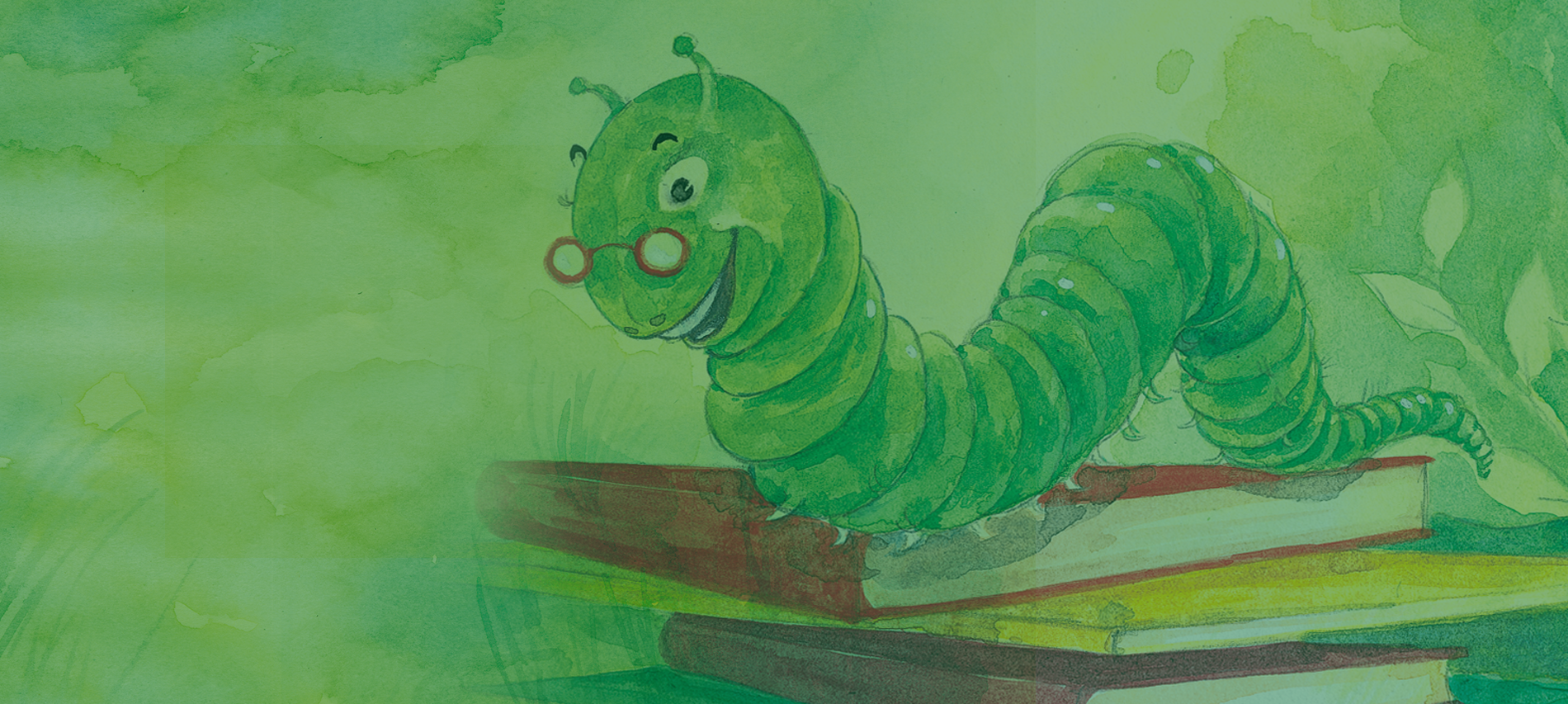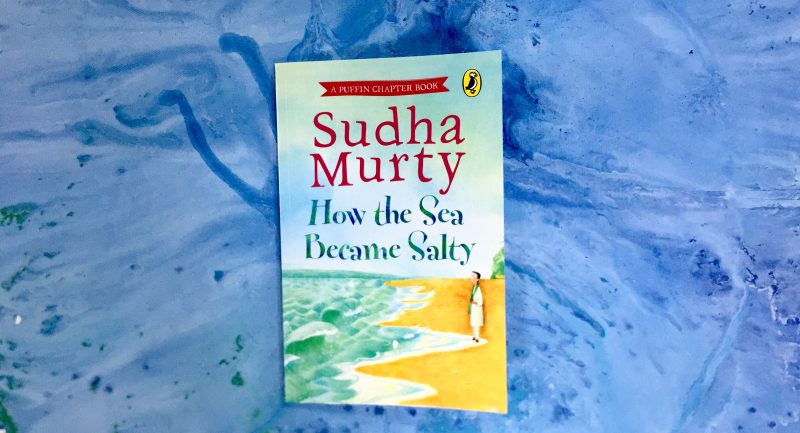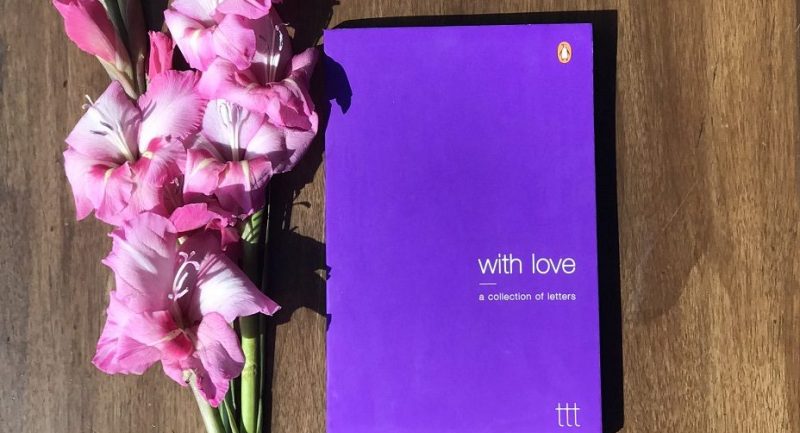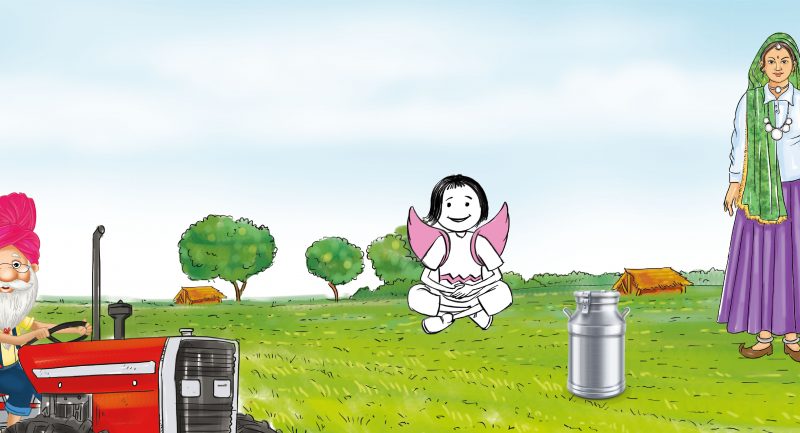
Our introduction to the world of books, when we were children, was through our elders who would gift us a novel on different occasions. But imagine having a list of books recommended to us specially by one of our favourite storytellers while we were growing up, fantastic right?
Well, a book is a book, and honestly, no one is ever too old to read ‘children’s book’, don’t you think?
So gear up for some amazing recommendations by the inimitable Ruskin Bond who wrote this very special introduction for ‘Puffin’s Good Reading Guide for Children’, and don’t forget to pass them onto your child!
Adventure with Books
The palaces, lawns and gardens of Jamnagar, where I spent the first six years of my life, were just the right setting for a child whose first book was Alice in Wonderland. Princes and princesses were all over the place, and if the King and Queen of Hearts had emerged from behind the rose bushes I would not have been at all surprised. In one of the old palaces lived a rather dotty old princess who was rather like the Duchess in Alice. When I grew up I put her into one of my stories, ‘The Room of Many Colours’, and several readers remarked that she had walked straight out of Wonderland. And indeed she had. Our first books have a strong and lasting influence on our thinking and the way we look at life.
From Wonderland I travelled to Never Never Land, for my second book was Barrie’s Peter Pan. Not the text of the play but the book written specially for children. I did read the play (along with all Barrie’s works) when I was at school; and later, a young man in London, I went to the old Scala theatre to see the annual Christmas production of Peter Pan. That great actor Donald Wolfit took the part of Captain Hook, with beautiful Margaret Lockwood as Peter. I had expected the theatre to be full of children, but the audience consisted largely of adults. Peter, the boy who never grew up, must have appealed to the eternal child in each of us. And when, in order to save Wendy’s life, he appeals to the audience to clap their hands if they believe in fairies, everyone clapped, this writer included.
I believed in fairies, I wish I could still believe in them.
Barrie was one of my favourite authors and playwrights. It is not easy to find his works today (apart from Peter Pan), but if you come across his other plays— Dear Brutus, Mary Rose and A Kiss for Cinderella—don’t pass them by. They have a certain magic.
In junior school I moved on from Wonderland to the real world, enjoying realistic novels of adventure such as R.M. Ballantyne’s The Coral Island, Stevenson’s Treasure Island and Jack London’s Call of the Wild. But it was only after my father died (when I was ten) that I became a voracious reader. He had been the perfect companion. There was no one to replace him. So I turned to books for companionship.
In my stepfather’s house there were very few books, and I had to look elsewhere for my needs. I did not have enough pocket money to buy books, and there was no library worth the name in 1940s Dehradun. But I was to discover some wonderful books in an unusual way.
My mother and stepfather were fond of shikar, and frequently went on hunting trips into the forests around Dehra. On one occasion they rented a forest bungalow for a week, and I was taken along against my wishes. I found these shikar outings very boring. The animals did not have much of a chance—not when they were shot at from jeeps or the backs of elephants.
Resentfully I went along, but declined to take part in the pleasures of the hunt. Left alone in the bungalow, I discovered a cupboard full of books in one of the unoccupied rooms. Here were many authors I had not read before, and I was soon immersed in Ghost Stories of an Antiquary by M.R. James, Love among the Chickens by P.G. Wodehouse (an early Ukridge story), The Thirtynine Steps by John Buchan, and a couple of Agatha Christie titles. While the shikaris came and went, cursing their luck—for most of the wildlife had already been decimated—I had the time of my life with this little neglected library. I don’t suppose it’s still there after sixty years. I did not take any of the books when we left, but in later years I went out of my way to acquire these same titles, and I dip into them from time to time. I love re-reading old favourites, especially authors who have a distinctive style or tone of voice—Wodehouse, ‘Saki’, Maugham, M.R. James, Walter de la Mare, J.B. Priestly, William Saroyan, Thurber, Joseph Conrad …
And, of course, Dickens.
I discovered Charles Dickens in my school library, when I was twelve or thirteen. It began with David Copperfield and it would be no exaggeration to say that this book set me on the high road to literary adventure. So closely did I identify with young David that I resolved that I would run away from home and become a writer. I was to run away (briefly) and be a writer all my life.
Dickens’s characters, often larger than life, appealed to me, and I went on to read almost all his works. My favourites after Copperfield were Pickwick Papers, Nicholas Nickleby and Our Mutual Friend. His descriptions of London’s dockland and East End led me to explore these areas a few years later. That London has vanished now, but in the early 1950s, parts of Dickens’s London could still be found and recognized.
When I became a senior at school, I was given charge of the library, which meant that I kept the keys with me. Whenever I had a little time to myself, I’d escape to this little world of books, make myself comfortable in a sunny corner, and read anything that took my fancy. It was the only place in school where I could have a little privacy, for boarding schools are not meant for solitary, reflective individuals. I must have read more than half the books in that library. This meant that I did not pay much attention to the subjects I was supposed to be studying; but I managed to get through my exams. And in any case, I had no intention of becoming anything but a writer
After school, I was packed off to England—or rather, to the Channel Islands, which were part of the United Kingdom. Over there I was terribly homesick—more for India and friends than for ‘home’. My office job was drab and monotonous; my relatives, with whom I was living, were unsympathetic to my literary ambitions. Once again, it was a library that came to my rescue—in this case, the Jersey Public Library, where I spent my evenings.
I read everything that I could get hold of that pertained to India—the plays and poems of Rabindranath Tagore, the memoirs of Sudhin Ghose, the novels of Mulk Raj Anand, Attia Hosein and Rumer Godden. I found Rumer Godden’s novels especially enchanting—Black Narcissus (set in Darjeeling), The River and Breakfast with the Nikolides (set in East Bengal); her journal Rungli-Rungliot, which described life on a tea-estate; and finally, Kingfishers Catch Fire, set in Kashmir. I think it was the combined influence of Tagore and Rumer Godden that made me determined to return to India as soon as possible.
But first there were three years in London, where I wrote my first novel; and there I haunted the secondhand bookshops and bought and read almost everything that came my way. But there were three books that always remained with me, and came back to India with me—my Copperfield, my Collected Tagore (the Macmillan edition) and Boswell’s Life of Dr Johnson.
My Favourite Books
(over the years)
Alice in Wonderland by Lewis Carroll
Peter Pan by J.M. Barrie
Just William by Richmal Crompton
Adventures of Dr Dolittle by Hugh Lofting
The Incredible Adventures of Professor Branestawm by Norman Hunter
The Adventures of Sherlock Holmes by Arthur Conan Doyle
David Copperfield by Charles Dickens
Pickwick Papers by Dickens
Nicholas Nickleby by Dickens
Wuthering Heights by Emily Brontë
Boswell’s Life of Dr Johnson by James Boswell
Boswell’s London Journal by Boswell
The Diary of Samuel Pepys by Samuel Pepys
The Seven Pillars of Wisdom by T.E. Lawrence
Black Narcissus by Rumer Godden
Hindoo Holiday by J.R. Ackerly
The Big Heart by Mulk Raj Anand
The Crescent Moon by Rabindranath Tagore
And Gazelles Leaping by Sudhin Ghose
My Name Is Aram by William Saroyan
My Uncle Silas by H.E. Bates
The Moon and Sixpence by W. Somerset Maugham
The Story of My Heart by Richard Jefferies
Walden by H.D. Thoreau
Kim by Rudyard Kipling
Decline and Fall by Evelyn Waug
You will have your own favourites, of course, and naturally they will be different from mine. I asked several young readers to tell me the names of their favourite authors. These were their chosen few: Roald Dahl, Emily Brontë, Enid Blyton, J.K. Rowling, Louisa M. Alcott, J.R.R. Tolkien, John Grisham, Thomas Hardy. A mixed bunch, indeed! And it only goes to show that the world of books is rich and varied, and that there are writers to suit every taste. So search for the authors that you enjoy most, and they will be your good companions wherever you go.
Ruskin Bond
Landour October 2005
Do we still have to convince you to grab a copy of this book? Hurry up and make sure you gift some of them to your little one this Children’s Day!










